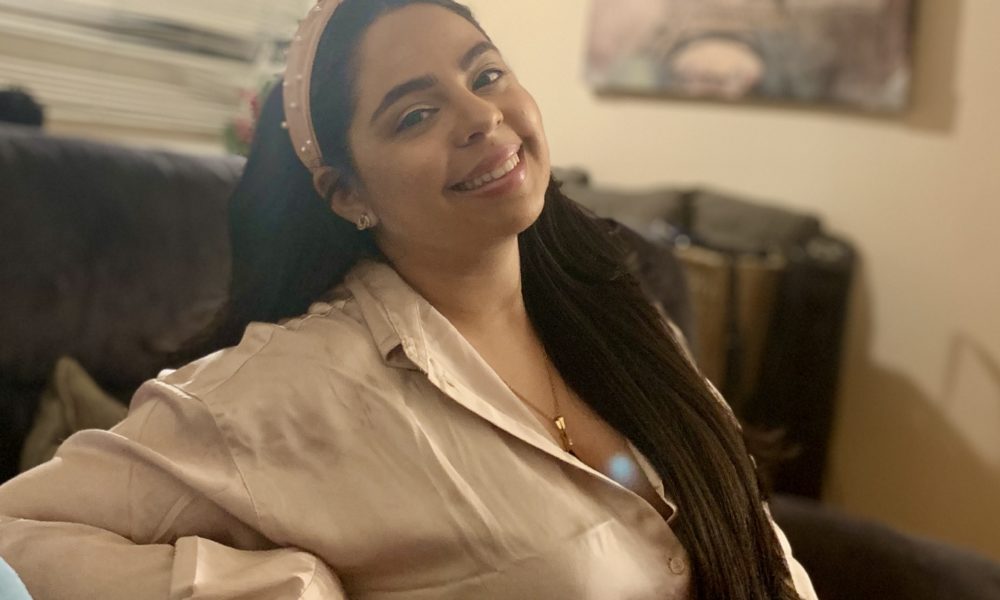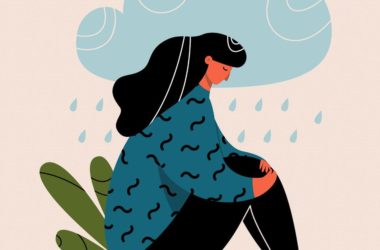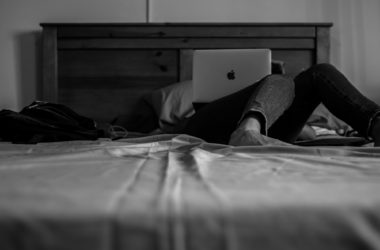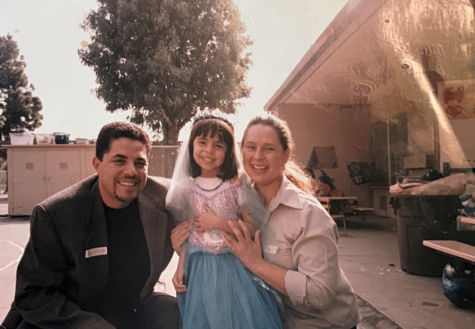I was 16 years old when I had my first anxiety attack in public during my church’s youth service. I had experienced anxiety attacks before, but by myself in my room. Every time I inhaled, I felt I wasn’t getting enough air in my lungs. My hands started to feel clammy as I realized that I couldn’t focus on what my youth pastor was saying.
Eventually, my friend noticed that I wasn’t okay and they helped me get outside. It took a while for me to feel better, but I didn’t go back inside, even after I told my friend that I would. Instead, I called my mom and told her to pick me up.
When my mom asked me why she was picking me up early, I told her I felt tired and wanted to go to bed, which wasn’t a lie. I did feel tired. But, I didn’t tell my mom that I was ashamed and embarrassed that I had an anxiety attack.
Being a part of the Latinx community, talking about mental health issues such as anxiety or depression isn’t a common thing. It’s not a part of our culture. The words “mental health” don’t exist in the vocabulary of many Latinx families.
The phrase “out of sight, out of mind” is sadly something that is religiously practiced in the Latinx communities. It’s still a massive stigma to be open about your mental health.
There have been many traumatic events both sides of my family have experienced that have left them dealing with mental health issues for a long time. Instead of dealing with the trauma and hurt, they bury them away and ignore it.
The Anxiety and Depression Associate of America stated that in some cases, many Latinx folks can cope with mental health issues by seeking advice from friends, family members or spiritual advisers and may not seek help from mental health professionals.
This is currently the constant struggle between the younger generations and the older ones regarding this specific topic in the Latinx communities.
When young people speak up about their mental health struggles, they are immediately shut down or openly judged by their families. So, it’s not worth bringing up in some cases because dealing with the aftermath is too much.
Over time, the anxiety attacks stopped, but at 17, I went through a severe health crisis during my senior year of high school that changed my entire life.
Since I dealt with my anxiety in secret as a teenager without my parents suspecting anything, I thought I could get away with experiencing depression on my own.
I stopped caring about everything in my life and fell into a severe state of depression for several years. Anxiety took a backseat, but depression took hold of my life. I felt everyone around me, my friends, my family were moving on with their lives and I wasn’t. I felt stuck in this toxic cocktail of emotions I couldn’t escape.
I’m still not there, where I feel 100% that I’ve conquered my depression and anxiety, and I don’t know if I will.
But I can say without a doubt that I’m done feeling ashamed or fearful of being judged for speaking up about my mental health.





